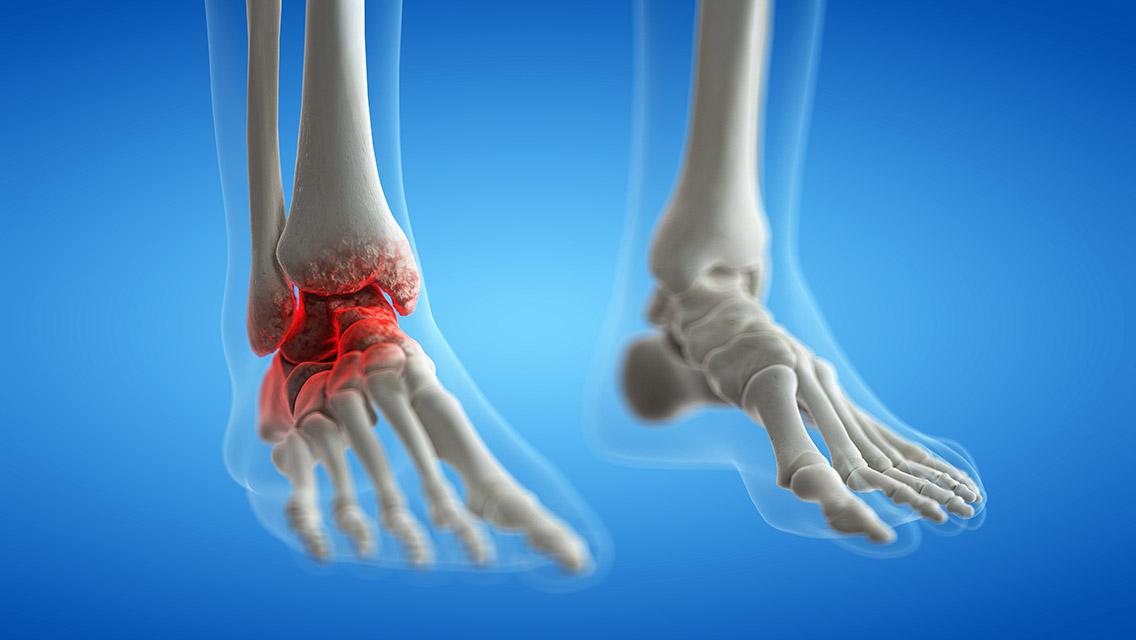Schizophrenia is a chronic and severe mental disorder that affects how a person thinks, feels, and behaves. People with schizophrenia may seem like they have lost touch with reality, which can be distressing for both them and their loved ones. However, schizophrenia is treatable, and many individuals with the condition can lead fulfilling lives with the right combination of therapies and support. This article explores the various treatment options for schizophrenia, focusing on medications, psychotherapy, and lifestyle strategies.
Understanding Schizophrenia
Schizophrenia typically manifests in early adulthood, and its symptoms can be classified into three categories: positive, negative, and cognitive.
Positive Symptoms
These symptoms represent a distortion of normal functions and include:
- Hallucinations: Hearing, seeing, or feeling things that are not there.
- Delusions: Strongly held false beliefs that are not based in reality.
- Disorganized Thinking: Difficulty organizing thoughts, leading to incoherent speech.
- Movement Disorders: Agitated body movements or catatonia.
Negative Symptoms
These symptoms indicate a decrease or loss of normal functions:
- Affective Flattening: Reduced expression of emotions.
- Alogia: Reduced speech output.
- Anhedonia: Inability to experience pleasure.
- Avolition: Lack of motivation to initiate and sustain activities.
Cognitive Symptoms
These symptoms affect memory and thinking processes:
- Poor Executive Functioning: Difficulty in understanding information and using it to make decisions.
- Trouble Focusing: Difficulty paying attention.
- Problems with Working Memory: Difficulty remembering recently learned information.
Treatment Options for Schizophrenia
Medications
Medications are a cornerstone in the treatment of schizophrenia and are primarily used to manage symptoms.
Antipsychotic Medications
Antipsychotics are the most commonly prescribed drugs for schizophrenia. They help control symptoms by affecting the neurotransmitter dopamine.
- First-Generation Antipsychotics (Typical Antipsychotics): These include medications like haloperidol and chlorpromazine. While effective, they can cause severe side effects such as tardive dyskinesia.
- Second-Generation Antipsychotics (Atypical Antipsychotics): These include medications like risperidone, olanzapine, and aripiprazole. They tend to have fewer severe side effects and are often preferred.
Choosing the Right Medication
Finding the right medication and dosage can be a process of trial and error. It’s essential to work closely with a healthcare provider to monitor side effects and adjust treatment as needed.
Managing Side Effects
Side effects of antipsychotic medications can include weight gain, diabetes, high cholesterol, drowsiness, and movement disorders. Regular follow-ups with healthcare providers are crucial for managing these side effects.
Psychotherapy
Psychotherapy is an essential component of treatment and can help individuals manage symptoms, develop coping strategies, and improve their social functioning.
Cognitive Behavioral Therapy (CBT)
CBT helps individuals with schizophrenia by addressing distorted thoughts and perceptions. It can assist in reducing the severity of symptoms and improving reality testing.
Family Therapy
Involving family members in therapy can provide education about schizophrenia, improve communication within the family, and support the person with schizophrenia in adhering to their treatment plan.
Social Skills Training
This therapy focuses on improving communication and social interactions, helping individuals to function better in their daily lives.
Lifestyle and Supportive Therapies
In addition to medication and psychotherapy, lifestyle changes and supportive therapies can significantly impact the management of schizophrenia.
Education and Vocational Support
Programs that offer education and job training can help individuals with schizophrenia achieve greater independence and improve their quality of life.
Support Groups
Joining support groups can provide a sense of community and understanding. It allows individuals to share experiences and coping strategies with others facing similar challenges.

Healthy Lifestyle Choices
- Regular Exercise: Physical activity can help manage symptoms and improve overall well-being.
- Balanced Diet: A nutritious diet supports overall health and can help manage weight gain associated with antipsychotic medications.
- Avoiding Alcohol and Drugs: Substance abuse can exacerbate symptoms and interfere with treatment.
- Stress Management: Techniques such as mindfulness, meditation, and yoga can help reduce stress and anxiety.
Hospitalization and Intensive Treatment
In severe cases, hospitalization may be necessary to ensure safety and provide intensive treatment. This can be particularly important during acute episodes when symptoms are most severe.
Partial Hospitalization and Day Programs
These programs offer structured support and treatment during the day while allowing individuals to return home at night. They can provide a transition from inpatient care to outpatient care.
Assertive Community Treatment (ACT)
ACT is an intensive, team-based approach that provides comprehensive treatment and support in the community. The goal is to reduce hospitalizations and improve quality of life.
Ongoing Monitoring and Support
Schizophrenia is a chronic condition that requires ongoing monitoring and support to manage effectively.
Regular Follow-ups
Regular appointments with healthcare providers help monitor symptoms, manage side effects, and adjust treatment plans as needed.
Long-Term Planning
Developing a long-term treatment plan that includes medications, therapy, and lifestyle strategies is crucial for managing schizophrenia. This plan should be flexible and adaptable to changing needs.
Future Directions in Treatment
Research into the causes and treatment of schizophrenia is ongoing, with promising developments in understanding the genetic and neurobiological underpinnings of the disorder. Future treatments may include:
- Genetic Research: Identifying specific genes associated with schizophrenia could lead to more targeted therapies.
- Brain Stimulation Techniques: Methods such as transcranial magnetic stimulation (TMS) are being explored for their potential to treat symptoms.
- New Medications: Ongoing research is focused on developing new antipsychotic medications with fewer side effects and improved efficacy.
Conclusion.
Schizophrenia is a complex and challenging condition, but with the right combination of medications, psychotherapy, lifestyle changes, and supportive therapies, individuals can manage their symptoms and lead fulfilling lives. Ongoing research continues to improve our understanding of schizophrenia and offers hope for even more effective treatments in the future.



